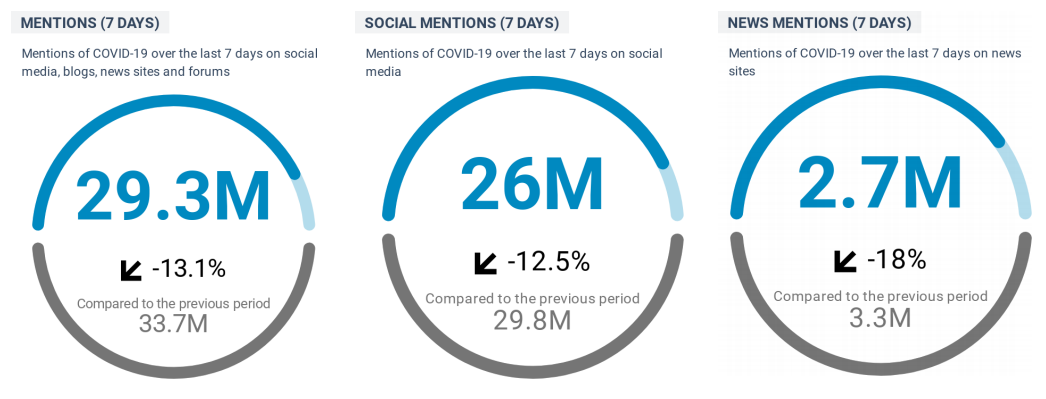A new report from hotel guest acquisition platform SiteMinder highlights just this for French travellers in the wake of Covid-19. Its latest Changing Traveller Report, based on the survey responses of 553 French holidaymakers, has found more than 40% of holidaymakers will be taking shorter trips than normal in the months ahead. The research also highlights the late booking trend with almost two thirds (64%) will organise their travel within a month of leaving with 6% saying they will not book ahead at all.
Despite relaxations of the French border in recent weeks, these findings highlight the increased number of locals taking abbreviated trips closer to home this summer, as well as the monetary impacts of the coronavirus, which according to SiteMinder's research has affected more than two thirds (68%) of respondents financially.
Encouragingly, for an industry which accounts for one-in-10 of the country's jobs and roughly 10% of GDP, two thirds (66%) of locals plan to holiday domestically by the end of the year. Some 86% plan to have travelled by the end of next year.
"We are certainly seeing changes in the way people are travelling in France, however the important takeaway is that the desire for travel remains strong," highlights Antoine Aubrun, country manager of France at SiteMinder.
Other key findings of the report include that French accommodation seekers currently prefer to book their stays directly with the venue, rather than with a third party. Additionally, nearly 8% fewer people plan to stay with big chains and resorts now, compared to before Covid-19.
Further research from GlobalData illustrates that elite and young independent travellers may be crucial to the recovery of the travel sector as they are likely to be the first tourists to embark on international travel.
Many travel and tourism influencers are drawn from this traveller group, and what they think of and write about in their travel experiences can be highly useful to travel marketing and so they will be indispensable for destination recovery if utilised effectively, says the data and analytics company. Influencers have a key role to play in shaping the thoughts of other demographics.
This is an important factor given that a survey conducted in late May-2020 by the consultancy highlighted that more than a third (35%) of Gen Z travellers and almost half (48%) Gen Y travellers were still extremely concerned about Covid-19.
"Amid the pandemic, consumer habits have changed and the importance of having an effective social media presence has been heightened," explains Johanna Bonhill-Smith, a travel and tourism analyst at GlobalData. She recommends that Destination Management Organisations (DMOs) "engage with influencers and operate across multi-channel platforms to ensure a stronger position for recovery".
Rather than an induced image brought by a television advert or campaign, authentic perceptions of a destination brought on by another traveller were seen as more credible before Covid-19 and will take a stronger prominence now when consumers are a lot more weary about what they are told.
According to GlobalData's Destination Influencer Dashboard, both VisitGreece and FailteIreland are two of the top ranking on the network. Both DMOs have utilised influencers in marketing campaigns in the past to captivate travellers' interests bringing real-time engagement worldwide.
We may have been and continue to social distance, but that has perhaps influenced our online activities and in particular the power of social media channels. As Covid-19 hit each of our respective countries media was dominated by the subject and while there now appears to be life aside from the coronavirus discussions a study by TalkWaker shows that at the end of Jun-2020 we were still talking heavily about the pandemic, albeit levels are falling.

The research from the online and social data analytics software company showed as at 24-Jun-2020 there had been more than 29.3 million mentions of Covid-19 over the previous seven days on media, blogs, news sites and forums. This was down -13.1% on the previous period when the mention total was over 33.7 million.
The numbers are dominated by social media conversations that accounted for 26 million of those mentions, a -12.5% decline on the previous period. The level on news sites was 2.7 million for the analysis period, down almost a fifth (-18%) on the previous cycle.
"Social media traffic has dramatically increased as consumers have utilised this as a tool to escape stringent lockdown restrictions. Certain changes are likely to become long-standing as individuals will be more dependent on this to alleviate anxieties and influencers should be a key consideration in travel recovery strategies," explains Ms Bonhill-Smith.
Twitter and YouTube have been the most widely used platforms for travel campaigning during Covid-19's global spread, but it is clear that platforms such as TikTok also have "untapped marketing potential," according to the analyst. Some campaigns released by DMOs, such as #DreamNowVisitLater (VisitNorway), have gained considerable interest on TikTok and this is likely to reflect positively on the perception of the destination among younger demographics, she explains.